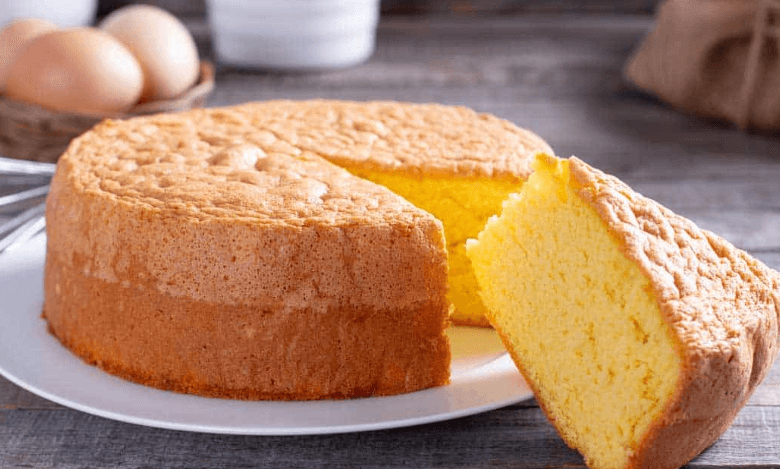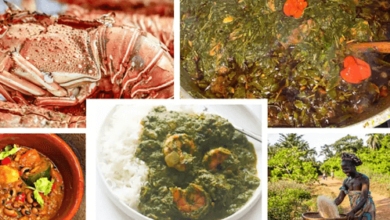Food:1uicnl_Qsta= El Salvador

El Salvador’s cuisine offers a compelling blend of flavors and traditions that reflect its rich cultural tapestry. From the iconic pupusas to the diverse use of fresh seafood and spices, each dish tells a story of the country’s history and societal values. The communal aspect of dining in Food:1uicnl_Qsta= El Salvador further enriches the culinary experience, transforming meals into gatherings that celebrate togetherness. As we explore the traditional dishes and the influences that shape this vibrant cuisine, one might question how these elements contribute to both national identity and daily life.
Traditional Salvadoran Dishes
Celebrating the rich culinary heritage of El Salvador, traditional Salvadoran dishes embody a vibrant fusion of flavors, ingredients, and cultural influences.
Among the most beloved are pupusa variations, stuffed with cheese, beans, or meat, offering a delightful taste experience.
Additionally, seafood specialties, such as ceviche and fried fish, highlight the country’s coastal bounty, showcasing a commitment to freshness and culinary artistry.
Popular Ingredients and Flavors
In El Salvador, the culinary landscape is frequently enriched by a variety of key ingredients and distinctive flavors that reflect the country’s diverse heritage.
Unique spices, such as achiote and oregano, infuse dishes with vibrant notes, while local produce, including corn and beans, serve as staples in everyday meals.
This harmonious blend creates an enticing gastronomic experience that captivates the senses and celebrates Salvadoran culture.
Read Also Top Transportation Trends for 2024
Culinary Influences and Heritage
The rich culinary tapestry of El Salvador is woven from a myriad of influences that reflect the country’s complex history and cultural exchanges.
This cultural fusion encompasses indigenous traditions, Spanish colonization, and African heritage, each contributing unique flavors and techniques.
The historical significance of these interactions is evident in traditional dishes, which serve as a testament to El Salvador’s vibrant identity and diverse culinary landscape.
Dining Culture and Customs
Dining culture in El Salvador is characterized by a warm sense of community and a deep respect for culinary traditions.
Families gather to share meals, embodying the spirit of togetherness.
Dining etiquette emphasizes courtesy, with hosts often serving guests first.
Traditional meals, such as pupusas, highlight the significance of meal traditions, reflecting the rich flavors and customs that define Salvadoran life.
Conclusion
In conclusion, the culinary Food:1uicnl_Qsta= El Salvador reflects a rich interplay of indigenous traditions, Spanish influences, and African heritage, offering a diverse array of flavors and dishes. Pupusas stand as a symbol of this vibrant culture, embodying the essence of communal dining. As one savors each bite, the spirit of El Salvador comes alive, inviting all to partake in a gastronomic journey that transcends mere sustenance, transforming meals into cherished celebrations of life and togetherness.







